The message that carried the greatest geopolitical importance was contained in one of Francis’ pastoral addresses
The message that carried the greatest geopolitical importance was contained in one of Francis’ pastoral addresses
On the penultimate day of his five-day visit to Korea, the Pope extended his hand to China and to all Asian countries that do not yet have diplomatic relations with the Holy See. He did so, explaining that Christians are not conquerors who wish to rob people of their identities; they are not (or should not be) interested in religious marketing strategies or eager to impose cultural models or interfere in the legitimate autonomy of single States.
Surprisingly, the biggest show of openness to Beijing but also Pyongyang, Laos, Burma and Vietnam, was not witnessed in one of the Pope’s “diplomatic” speeches to institutions. The message that carried the greatest geopolitical importance was contained in a text on evangelisation. The words in fact were pronounced in a speech to Asia’s bishops at a closed-door meeting that took place in a shrine located in Haemi Castle. Two centuries ago, thirty thousand Christian martyrs were jailed and put to death in this castle.
This memory of martyrdom and persecution come alive in the Third Millennium, as Francis has said again and again in his morning masses in St. Martha’s House. And yet the evangelical perspective which Francis presented again over these past few days, seems miles away from the ideological beliefs that manipulate Christian words. He repeated the key word contained in Pope Paul VI’s “Ecclesiam Suam” encyclical published fifty years ago: “dialogue”. This word is seen almost as a swear word in today’s “clash of civilizations”. But Francis explained that “dialogue” – not just “political” dialogue but human dialogue too – as well as “openness to others” are essential to the Church’s mission. In fact they are inherent in the Christian faith.
“Our identity” is the point of departure, the Pope explained, because “we cannot engage in real dialogue unless we are conscious of our own identity.” But there cannot be “authentic dialogue unless we are capable of opening our minds and hearts, in empathy and sincere receptivity, to those with whom we speak.” “Empathy” is an equivalent of another typically Bergoglian term “iglesia de la cercanía”, “the Church that is close to the people”. “If our communication is not to be a monologue, there has to be openness of heart and mind to accepting individuals and cultures.”
It is not easy to foresee the outcomes of this approach which was first adopted by Benedict XVI in his May 2007“Letter to the Church in China”. In this letter, Benedict XVI recalls that “the Catholic Church which is in China does not have a mission to change the structure or administration of the State; rather, her mission is to proclaim Christ to men and women.” Therefore “the Church cannot and must not take upon herself the political battle to bring about the most just society possible.”
Pietro Parolin, who was the Vatican’s Under-Secretary for Relations with States at the time and whom Francis later chose as his closest collaborator (as Vatican Secretary of State) contributed directly to this text. The Holy See’s relations with China have experienced many ups and downs over the past years; there have been many difficulties, bishops have been consecrated without authorisation from Rome and so it is too early to tell what will happen in the future. But Beijing’s initial reaction to Francis’ conciliatory approach seemed different compared to the past. Francis made it clear that Christianity should no longer be associated with Western colonialism and that Christians are not motivated by an eagerness to conquer.


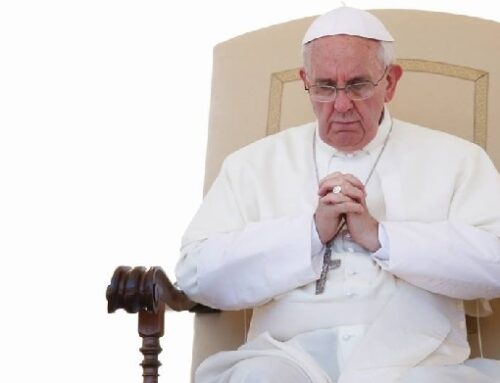
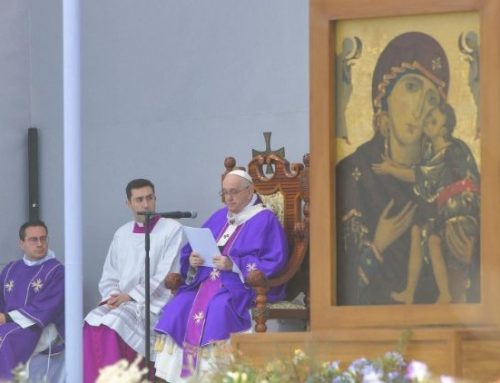
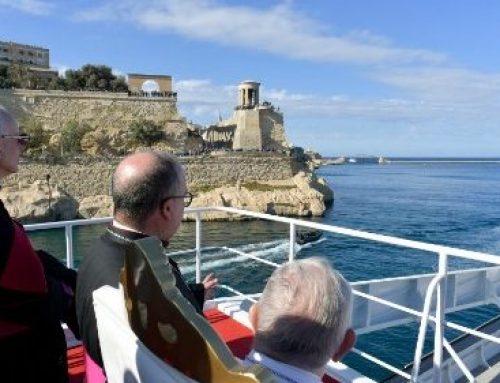
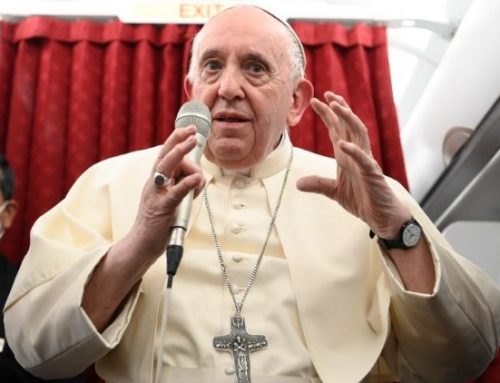
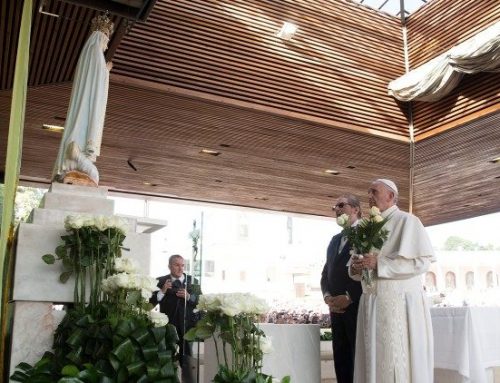
Leave A Comment
You must be logged in to post a comment.